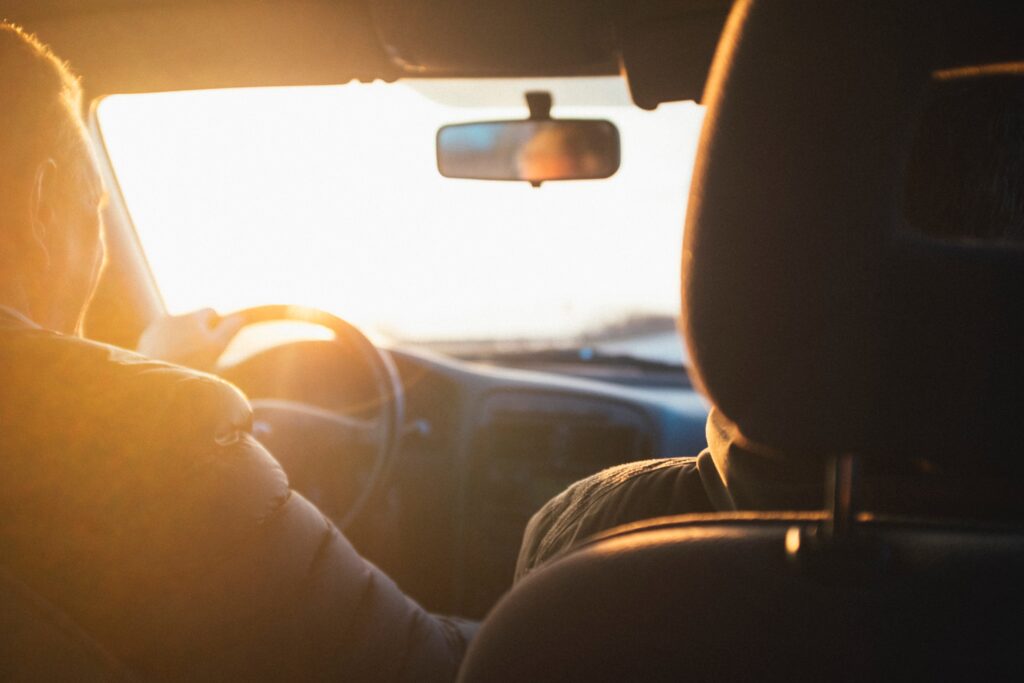If you’re about to embark on a long journey in your car, then you’ll want to be as sure as can be that the vehicle is fit for the job. Doing this might mean performing a few key safety checks before getting started – both on the car, and on yourself as the driver.

Checking the car
Perhaps the most important thing to check is the state of your tyres. Is the tread depth sufficient? The legal minimum is 1.6mm, which is about the thickness of the border on a twenty-pence piece. Ideally, however, you’ll want a tread that’s much more generous than this. This way, standing water won’t cause your vehicle to aquaplane.
Perhaps as important is checking that your tyres are inflated. Under-inflated, or over-inflated, tyres will hurt your fuel economy, and make blowouts more likely.
You might also check all of your fluid levels. Your car relies on oil, coolant and screenwash. Check the appropriate reservoirs and ensure that there’s enough there to get you from one place to the next.
Finally, it’s a good idea to give your lights a once over. Headlights, tail lights, indicators and brake lights are all essential. If you’re caught without them, you could find yourself issued with a legal penalty – and that’s before we consider the safety implications.
Other Things to Do
Once you’ve established that the vehicle is safe to drive, there are a few other things to think about, that will help you to get the best possible experience on the road.
If you’re sharing driving duties with other people, then you’ll need to make sure that you’re properly insured. This might mean shopping for one-day car insurance.
Many modern vehicles come with profile settings that optimise the performance of the vehicle to a given driver or purpose. Check the manual and determine how to change these settings to your liking. On a long journey, they can make a big difference.
You’ll want to pack an emergency kit. This will help keep you covered in the event of a disaster. It should include a first-aid kit, some snacks, and some blankets for the winter. Snacks and drinks are essential on long trips, even if you aren’t stranded at the roadside.
Your phone should be set on do-not-disturb throughout the trip, and your satnav should be set in advance, so that you aren’t tempted to fiddle with it during the trip. Check that your passengers are safely buckled in, and that you have any paperwork you need to cross international borders, and deal with any other problems. The phone numbers for your insurer and breakdown recovery services should be within easy reach, for when you need them.

